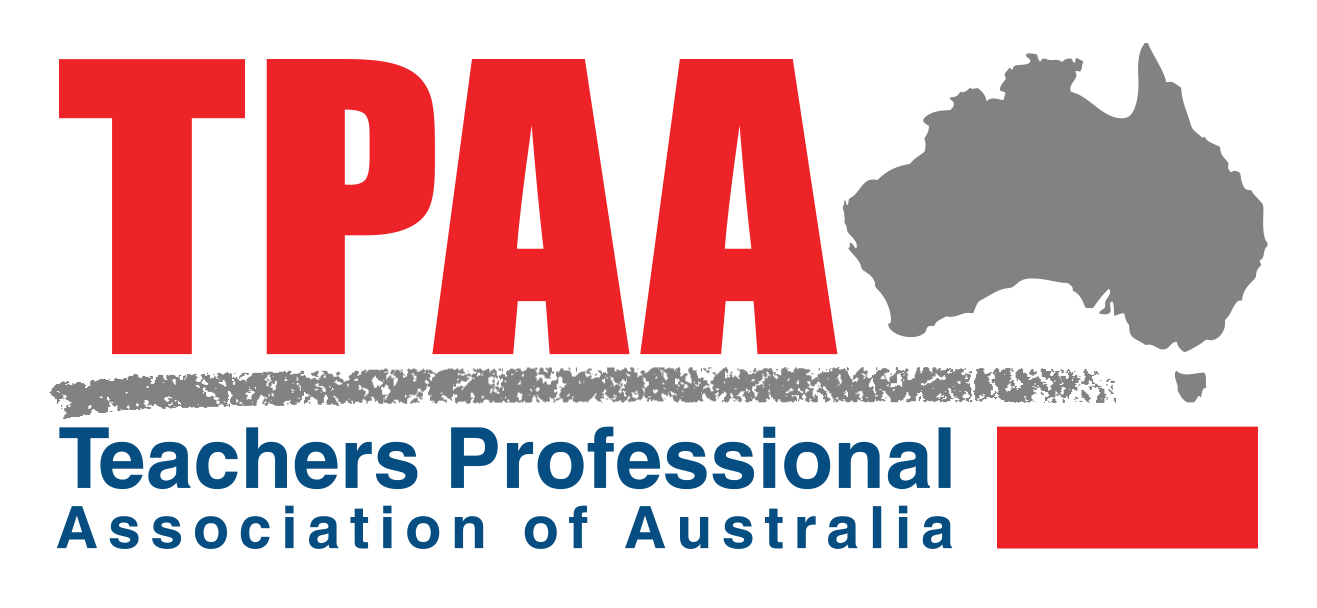As educators, we constantly strive to find the most effective ways to help our students learn. The debate around optimal learning methods has raged for decades, with various schools of thought emerging and evolving. From Montessori to Waldorf, from traditional to progressive approaches, the education landscape is rich with diverse methodologies. But what does the research tell us about how students best learn?
The Foundation: Understanding Learning Theories
The evolution of educational theory provides us with valuable insights into the learning process. Jean Piaget's Cognitive Development theory from 1919 remains remarkably relevant today, emphasizing that children are active learners who construct knowledge through exploration and experimentation. This concept of the "active engaged learner" continues to influence modern educational practices.
As we moved through the 20th century, other significant theories emerged. B.F. Skinner's Behaviorism introduced the importance of reinforcement and repetition. Vygotsky's Social Constructivism highlighted the crucial role of social interaction in learning, introducing the concept of the "Zone of Proximal Development" - the sweet spot between what a student can do independently and what they can achieve with guidance.
More recent theories like John Sweller's Cognitive Load Theory (1988) have provided practical insights into how we can optimize learning by managing the amount of information presented to students. This understanding of working memory limitations has revolutionized how we structure and deliver lessons.
What Makes Learning Effective?
Recent research from the Australian Educational Research Organisation has identified four key principles that illuminate the learning process:
- Memory is Fundamental: Learning essentially represents a change in long-term memory. Students need to actively engage with new information in their working memory before it can be transferred to long-term storage. This process is most effective when guided by teachers with expert knowledge.
- Less is More: Our working memory has limited capacity. Students learn best when new information is presented in manageable chunks, accompanied by appropriate guidance and opportunities for practice. This is particularly crucial for students who may have additional processing challenges.
- Mastery Through Practice: True learning involves not just storing knowledge but being able to recall and apply it flexibly. Students need repeated opportunities to practice and apply their learning in varied contexts. This builds fluency and enables transfer to new situations.
- Engagement is Essential: Learning requires focused attention and active engagement. Students are more motivated when they understand that effort leads to success and when they feel culturally safe and supported within their learning community.
Practical Applications IN TEACHING for Different Age Groups
Primary School Students
Young learners thrive in environments that embrace multiple learning approaches:
- Hands-on activities that allow physical interaction with concepts
- Visual aids that capture attention and reinforce learning
- Play-based learning that makes education engaging and fun
- Storytelling that helps create memorable connections
- Regular breaks to maintain focus and prevent fatigue
Secondary School Students
Older students benefit from more sophisticated approaches:
- Active learning through discussions and problem-solving
- Real-world applications that demonstrate relevance
- Peer learning opportunities that promote collaboration
- Metacognitive strategies that develop self-directed learning skills
- Technology integration that enhances engagement and personalization
The Role of Technology and Modern Approaches TO TEACHING
Contemporary learning environments increasingly incorporate technology and modern pedagogical approaches. Connectivism, a theory proposed by George Siemens in 2004, specifically addresses learning in the digital age. It emphasizes the importance of making connections between different fields and ideas and maintaining current, accurate knowledge.
However, technology should be viewed as a tool rather than a solution. The most effective learning still occurs when technology is integrated thoughtfully to support, rather than replace, sound pedagogical practices.
The Critical Elements for TEACHER Success
Research consistently points to several key factors that contribute to successful learning:
- Teacher Quality: The expertise and effectiveness of the teacher remain paramount
- Appropriate Challenge: Work must be pitched at the right developmental level
- Student Motivation: Engaged, motivated students achieve better outcomes
- Supportive Environment: A positive, safe learning space encourages risk-taking and growth
- Regular Feedback: Constructive feedback helps students understand their progress and next steps
Looking Forward To Different Teacher Approaches
As we continue to understand more about how the brain learns and as technology evolves, our approaches to teaching will undoubtedly continue to develop. However, certain fundamentals remain constant:
- Students think differently from adults and learn through exploration
- Learning is enhanced through repetition and revision
- New learning must connect to existing knowledge
- Social interaction plays a vital role in learning
- Individual differences in learning styles and abilities must be accommodated
- Reflection is crucial for deep learning
- Complex tasks need to be broken down into manageable parts
- Persistence and effort are key to success
Teachers Need To Be Able To Adapt Their Strategy
The art of teaching requires a delicate balance between implementing research-based strategies and adapting to individual student needs. While theories and methodologies provide valuable frameworks, successful learning ultimately depends on the quality of teaching, student engagement, and the appropriate tailoring of instruction to developmental levels.
As educators, our role is to create environments where students can thrive, using our understanding of how learning occurs to guide our practice. Remember, today's students will be tomorrow's decision-makers. By helping them learn effectively now, we're not just securing their future - we're securing our own.
Why is the TPAA different? We believe that real change in education STARTS with empowering educators, not bureaucrats.
Want to find out more or have a question? Get in touch with us:
Phone: 1300 252 777
Email: hotline@tpaa.asn.au
Or book a meeting
Best of luck in your teaching career!
Related Posts
Students And Digital Technologies - Edtech And The Way Forward
Students And Digital Technologies - Edtech And The Way Forward
The Power in Our Pockets
In an era...
Government Backs Down on Controversial Education Bill
Victory for Teachers & Education Staff in Queensland
After an incredible amount of public backlash,...
Introductory Letter to the Education Green Paper
To download a copy of the Green Paper please click here.
Our discussion paper (we call it the TPAA...


